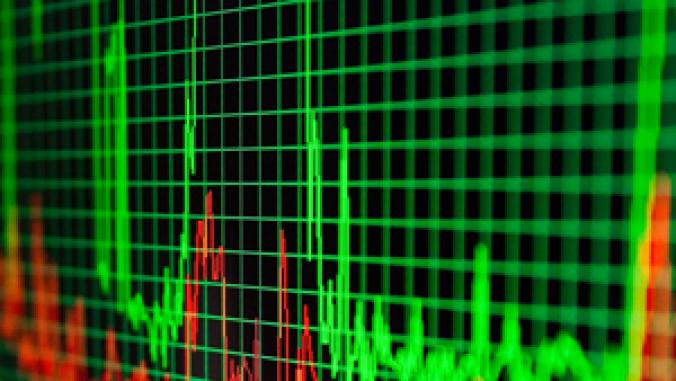How the Sustainability Boom Changes Business as Usual for Green Suppliers
<p>Despite the ongoing doom and gloom about the overall state of the environment, companies are increasingly bullish on sustainability issues -- and as green gets normalized in the C-Suite, suppliers are going to have to change how they do business.</p>

Call me crazy, but there's a revival of interest in sustainability underway. Despite the Collapse in Copenhagen, the Demise of (US) Cap & Trade, and the ongoing Great Recession, companies around the world continue to invest in IT solutions to improve their efficiency and reduce their environmental impact.
My travels these past few weeks had me visiting with two sustainability practice leaders at large consulting/integration firms, the product heads for two of the leading energy & carbon management software providers, and the internal sustainability champions at a very large IT systems company.
In all five instances, folks were surprisingly chipper given the economic environment, and its drag effect on sustainability spending. One of the sustainability practice leads, for example, told me of their plans to grow from 150 people at the end of 2011 to 1,000 people 3 years hence.
What's going on? Here's my theory: Sustainability is becoming embedded in corporate behavior, metrics, and strategy. It's not a separate investment line item, a separate set of metrics, a separate organization ... it's embedded into mainstream operations. As one of the software leaders put it, "sustainability is sitting at the adults' table now."
What does that mean for these suppliers and their brethren? A big change in the way they go to market.
Most often, sustainability solutions and services are marketed to sustainability people; the Chief Sustainability Officer (CSO) if they're lucky, otherwise the environmental health and safety (EH&S) or corporate social responsibility (CSR) folks.
That is to say, not the mainstream of corporate operations. What the suppliers hope for is that selling through the CSO will enable them to bring in other constituencies like supply chain, manufacturing, facilities, HR and the like. The software and services sales teams have to work through a narrow channel of corporate sustainability to reach the wider budgets and decision-making authority of other parts of the organization.
What's required is the reverse process. Identifying and selling to the operational organizations, finding the sustainability elements within their performance metrics, and working across several different departments to build an investment case that the internal departments bring to the CSO -- not the other way around.
Now, let's not underestimate this task. Instead of talking about carbon reporting and e-waste reduction with the sustainability folks, the vendors are going to have to talk supply chain optimization, building management systems, and telecommuting policies with leaders of those respective functions, for whom such metrics are the source of performance evaluations and bonuses. And the suppliers are going to have to talk those operational metrics in the context of specific industry and geographic conditions, not just horizontally.
The suppliers I'm talking with, by and large, get this. They are improving their skills in particular industry sectors, partnering with specialists in domains like building management, and honing their products to deliver measurable improvement in the metrics that operational leaders care about (think costs, not carbon; revenue, not recycling).
No doubt a long way to go but at least on this sunny Tuesday, I am optimistic about the growing role of IT solutions in improving corporate sustainability.
I welcome your comments, as always, in the comments below or by email.
Also: I will be traveling to China next month to, among other things, speak at the first Low-Carbon Earth Summit (LCES) in Dalian, and would love to meet up with you there.
Photo courtesy of 4seasons.





